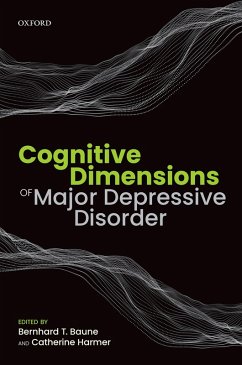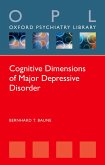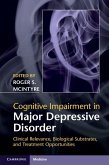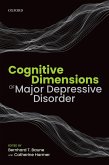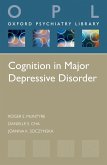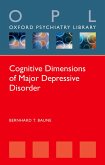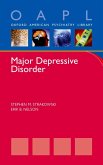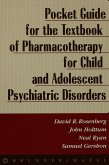Major depressive disorder (MDD) is one of the most prevalent mental disorders worldwide, and is estimated to affect 300 million people. Most research defines MDD as a categorical disorder and investigations on clinical, functional, and biological correlates are assessed by established diagnostic instruments. However, given the phenotypic and biological heterogeneity of depression, a re-focus on the clinical phenotype of MDD is required. Bridging psychiatric and psychological traditions Cognitive Dimensions of Major Depressive Disorder, discusses the characteristics of the dimensional approach of MDD. Focusing on the cognitive and emotional processes of depression, this guide offers extended and novel diagnostic and treatment approaches ranging from pharmacological to psychological interventions targeting dimensions of depression. Edited by pioneers in this field, this resource discusses hot topics such as how to define the dimensional approach to depression, the neurobiological underpinnings of cognitive dysfunction in depression, and the impairment of emotional processing deficits in depression. Cognitive Dimensions of Major Depressive Disorder is suitable for students, trainees, clinicians and scientists in the fields of psychology, neuropsychology, psychiatry, cognitive neuroscience, neurology, general practice and also for various other health care professionals.
Dieser Download kann aus rechtlichen Gründen nur mit Rechnungsadresse in A, B, BG, CY, CZ, D, DK, EW, E, FIN, F, GR, HR, H, IRL, I, LT, L, LR, M, NL, PL, P, R, S, SLO, SK ausgeliefert werden.

